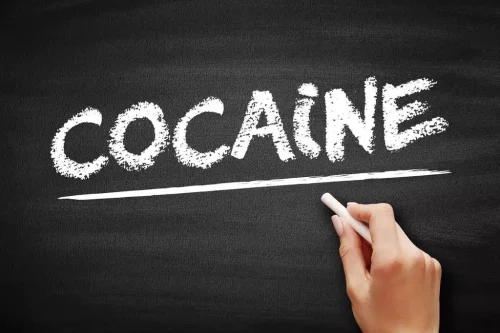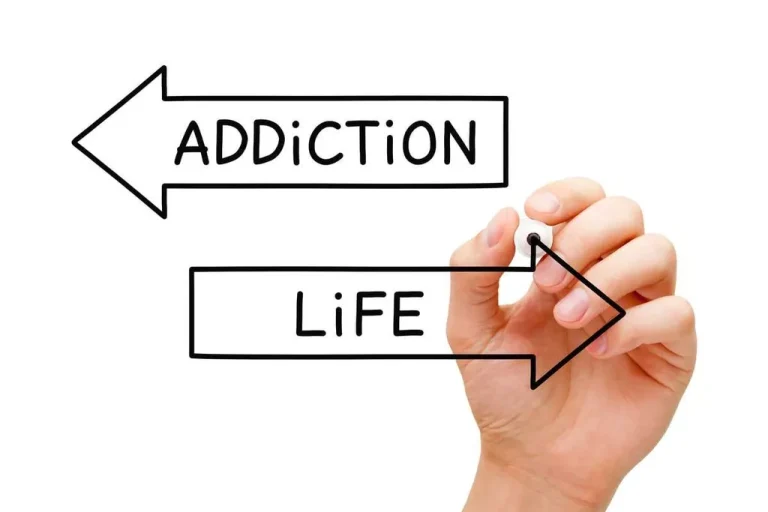Relapse Prevention: Strategies to Avoid Triggers
Research shows that social support indicates long-term success, while peer pressure and unsupportive relationships can lead to relapse. Upon relapse, some individuals may require inpatient treatment to stop using and manage symptoms of withdrawal. Most physical relapses are considered relapses of opportunity, meaning that they occur when an individual feels they will not get caught. […]

Research shows that social support indicates long-term success, while peer pressure and unsupportive relationships can lead to relapse. Upon relapse, some individuals may require inpatient treatment to stop using and manage symptoms of withdrawal. Most physical relapses are considered relapses of opportunity, meaning that they occur when an individual feels they will not get caught. Focusing on emotional wellness each day reduces restlessness, irritability, and discontent, which can build up over time and lead to relapse. If a person is in therapy during emotional relapse, the focus of therapy may pivot towards reinforcing the importance of self-care. Learning various acronyms can help a person identify when they need to improve their self-care, such as HALT (Hungry, Angry, Lonely, Tired).
- Every country, every town, and almost every cruise ship has a 12-step meeting.
- On the other hand, individuals expect that not using drugs or alcohol will lead to the emotional pain or boredom that they tried to escape.
- It can be helpful to write down one’s daily activities by tracking them with a smartphone to bring more awareness to what you are doing, thinking, and feeling.
Nursing, Allied Health, and Interprofessional Team Interventions
One day at a time, one can learn to implement these coping skills to prevent relapse and live a life beyond their wildest dreams. Other than joining therapy groups and treatment programs, accessing relapse prevention workbooks can help immensely. They can help identify and treat any underlying issues that could increase your risk of relapse. They also provide counseling services to teach healthier coping strategies for stress and negative emotions.

Behavioral Therapy Is Part of a New York, NY Relapse Prevention Program
However, it is imperative that insurance providers and funding entities support these efforts by providing financial support for aftercare services. It is also important that policy makers and funding entities support initiatives to evaluate RP and other established interventions in the context of continuing care models. In general, more research on the acquisition and long-term retention of specific RP skills is necessary to better understand which RP skills will be most useful in long-term and aftercare treatments for addictions. The recently introduced dynamic model of relapse [8] takes many of the RREP criticisms into account.
Relapse Triggers
Clients are taught to reframe their perception of lapses, to view them not as failures but as key learning opportunities resulting from an interaction between various relapse determinants, both of which can be modified in the future. Lapse management includes drawing a contract with the client to limit use, to contact the therapist as soon as possible, and to evaluate the situation for factors that triggered the lapse6. Inaction has typically been interpreted as the acceptance of substance cues which can be described relapse prevention as “letting go” and not acting on an urge. “Staying in the moment” and being mindful of urges are helpful coping strategies4. Approach coping may involve attempts to accept, confront, or reframe as a means of coping, whereas avoidance coping may include distraction from cues or engaging in other activities. Approach oriented participants may see themselves as more responsible for their actions, including lapse, while avoidance-based coping may focus more on their environment than on their own actions14.
This can be done by setting up and following a structured sleep, exercise, and eating schedule. By doing this, one can retrain the body to sleep better and will also help reduce the risk of relapse. CBT is a form of psychotherapy that helps identify negative thoughts that lead to substance abuse. CBT effectively reduces the risk of relapse and is an integral component of the recovery process.

Create an Action Plan

Identifying Your Personal Triggers




 de
de tr
tr fr
fr az
az es
es ru
ru hi
hi ar
ar


